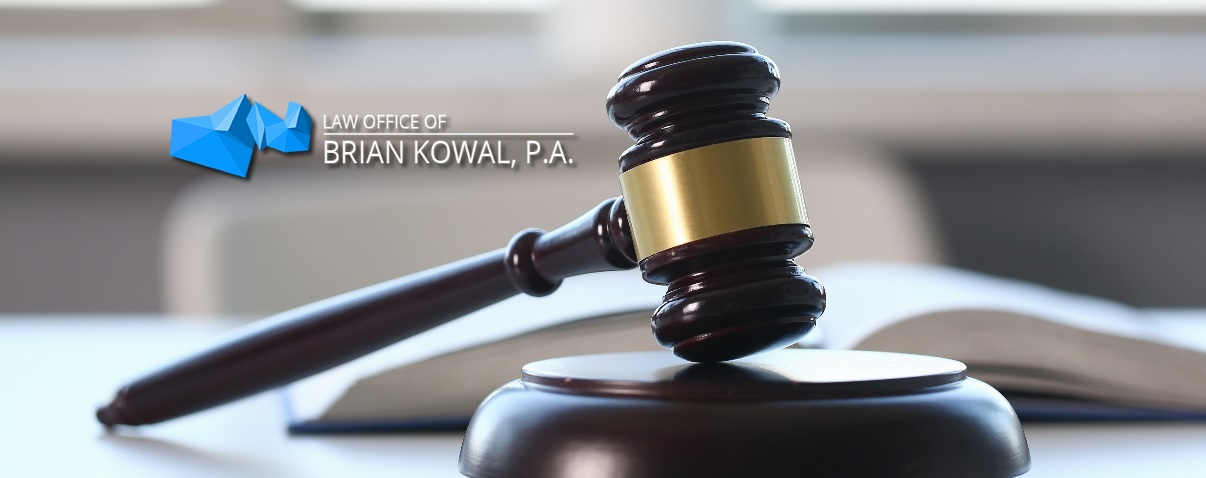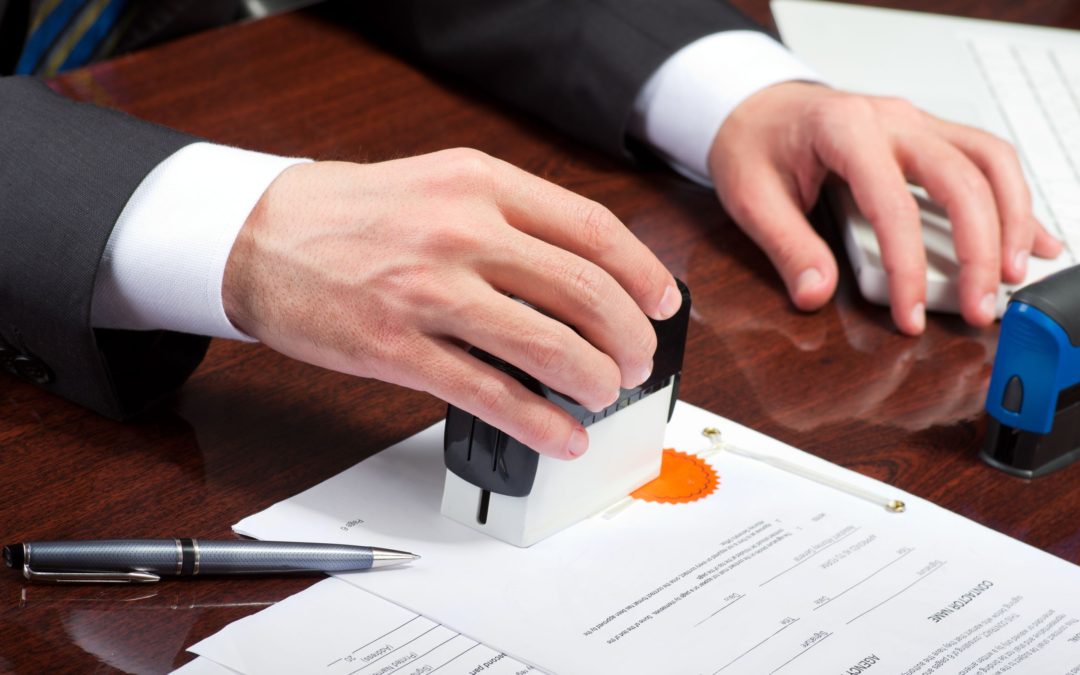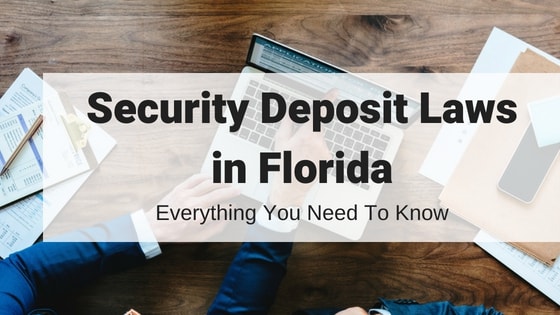TOP 5 LEGAL TIPS FOR BROWARD LANDLORDS
TOP 5 LEGAL TIPS FOR BROWARD LANDLORDS
While Landlords may run a smooth operation with their Rental Properties, issues still occur. These problems range from Tenants failing to pay rent to allowing unauthorized guests in the property. Our office is dedicated to protecting the rights of Landlords. In light of our experience, we have created the Top 5 Legal Tips for Broward Landlords.
1. Respond Immediately when Receiving a 7 Day Notice to Cure
Unfortunately for Landlords, some Tenants create problems. While these problems may have been created by the Tenant, upon receiving a 7 Day Notice to Cure, a Landlord should contact the Tenant. Failing to make the necessary repairs allows the Tenant to withhold rent or terminate the lease. In addition, if the Tenant withholds rent and the Landlord tries to evict them, the landlord can end up in serious trouble. The Court may decide to dismiss the Eviction. As a result, the Landlord will have to pay the Tenant’s Attorney Fees.
- If the Tenant fails to pay rent, serve them a 3 Day Notice Immediately
The Landlord/Tenant relationship is a business. If the Tenant fails to pay rent, the Landlord loses rental income. Regardless how the Landlord uses the rental income, the Eviction process should begin immediately. Unfortunately, many Tenants tell the Landlord to “wait another week” or ” I already sent the money to you.” If a Landlord serves the Tenant with a 3 day notice, they can deduct the late fees from the security deposit.
3. Comply with the Rules Governing Security Deposits
Florida Statute Chapter 83.49 outlines procedures for handling Security Deposits. After the Tenant vacates the property at the end of the lease, the Landlord has 15 days to return the deposit in full. If there is damage or fees that need to be deducted, the Landlord must send the Tenant a claim on the deposit. If the Landlord does not have the forwarding address to send the claim, it must be sent to the last known address. Our office cannot stress the importance of complying with this statute. Failure to comply can result in the Landlord paying an exorbitant amount of attorney’s fees if the Tenant has an Attorney.
4. Provide Tenant Proper Notice When Entering Property
Florida Statute Chapter 83.53 allows a Landlord to enter the property under certain conditions. These conditions include:
1. Inspection of the Property for Damages 2. Make Necessary Repairs 3. Make Improvements to the Property 4. Show a Property to a potential Tenant or an interest buyer. In addition, before a Landlord must give the Tenant reasonable notice prior to entering the property. Reasonable Notice is giving the Tenant 12 hours notice that they will be entering. The times allowed must be between 7:30 a.m. to 8:00 p.m. Many Landlords make the mistake of not complying with this Statute. If a Landlord fails to give notice and enters the property, they are violating the Tenant’s Right to privacy. +
5. Providing Tenant Proper Termination Notice and/or Non Renewal of the lease.
A Landlord’s Termination of a Lease depends on the type of agreement they have with the Tenant. However, it is in the Landlord’s best interest not to include a renewal requirement. In other words, once the lease terminates, the Tenant has to vacate. If they remain in the property after the lease terminates, they are a Holdover Tenant.
On the other hand, many Landlords do not have written leases with their Tenants. Instead, they have a month to month lease. In the event that a Landlord wants to terminate a month to month lease, they must comply with Florida Statute Chapter 83.57(3). 83.57(3) requires the Landlord to give the Tenant 15 days notice to terminate the lease. For example, if a Landlord wants to terminate a month to month lease in July, the Landlord needs to give 15 days notice that the lease will end on July 31.
The above legal tips for Broward Landlords are essential for protecting their rights. Therefore, if you have questions regarding the Florida Eviction Process, contact our office today at (954) 990-7552.
*This article is reposted by Broward Law Firm: Brian Kowal P.A
Find other information From Local Law Firms on NationalEvictions.com BLOG
Tags: Eviction Information, Florida Eviction Articles, LANDLORDS, Legal Articles






 From July 1, Florida Supreme Court justices with permanent homes outside Leon County will be able to request a district court of appeal courthouse, county courthouse or other facility as their official headquarters, under
From July 1, Florida Supreme Court justices with permanent homes outside Leon County will be able to request a district court of appeal courthouse, county courthouse or other facility as their official headquarters, under 
 If you rent a house, apartment, condominium or mobile home to another person, you enter into a legal contract known as a rental agreement. This rental agreement need not be in writing. If the rental agreement is in writing, it is a “lease.” This agreement has certain basic conditions specified by law, and you should understand them before you enter into the agreement. As a landlord, you have certain rights; you also have certain duties. Even in the absence of a written lease, the law imposes duties and gives rights to the parties.
If you rent a house, apartment, condominium or mobile home to another person, you enter into a legal contract known as a rental agreement. This rental agreement need not be in writing. If the rental agreement is in writing, it is a “lease.” This agreement has certain basic conditions specified by law, and you should understand them before you enter into the agreement. As a landlord, you have certain rights; you also have certain duties. Even in the absence of a written lease, the law imposes duties and gives rights to the parties.









